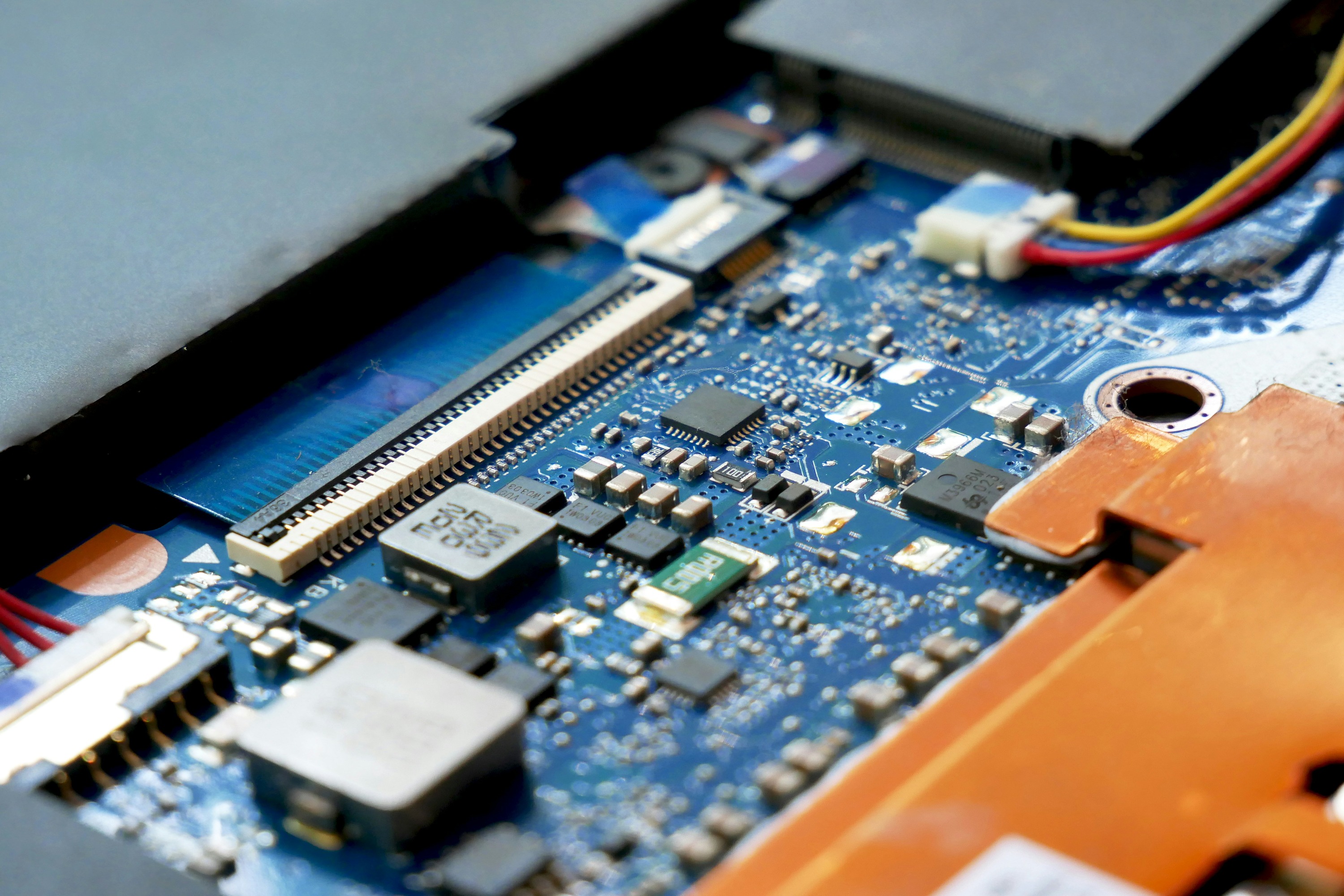The semiconductor industry is one of the most critical sectors in the global economy, serving as the backbone for everything from consumer electronics to artificial intelligence and national security. These tiny but powerful chips power nearly all modern technologies, including smartphones, electric vehicles, medical devices, and advanced computing systems. As nations and corporations compete for dominance in this sector, the semiconductor industry has become a focal point of economic policy, innovation, and geopolitical tension. This article provides an overview of the semiconductor industry, its global significance, and what the future holds for this rapidly evolving sector.
The Role of Semiconductors in the Global Economy
Semiconductors, also known as microchips or integrated circuits (ICs), are the building blocks of digital transformation. Their applications span across multiple industries, including:
- Consumer Electronics: Smartphones, tablets, laptops, gaming consoles, and home appliances all rely on semiconductors.
- Automotive Industry: Modern vehicles incorporate chips for advanced driver assistance systems (ADAS), electric powertrains, and autonomous driving capabilities.
- Telecommunications: The rollout of 5G networks is heavily dependent on semiconductors to ensure faster and more reliable connectivity.
- Healthcare: Medical imaging devices, wearable health monitors, and AI-driven diagnostics are powered by semiconductors.
- Defense and Security: Countries depend on semiconductors for advanced defense systems, satellite communications, and cybersecurity infrastructure.
- Artificial Intelligence and Cloud Computing: High-performance chips fuel AI-driven technologies, machine learning applications, and large-scale data processing.
The economic significance of the semiconductor industry is immense. In 2023, the global semiconductor market was valued at over $600 billion, with projections indicating it could surpass $1 trillion by 2030. As digital transformation accelerates, the demand for advanced chips continues to grow, driving investments and innovations across the semiconductor value chain.
Key Players in the Semiconductor Industry
The semiconductor ecosystem comprises chip manufacturers, foundries, and equipment suppliers. Some of the most influential companies in the sector include:
- Taiwan Semiconductor Manufacturing Company (TSMC): The world’s largest contract chipmaker, responsible for producing chips for companies like Apple, NVIDIA, and AMD.
- Intel Corporation: A leading chip manufacturer known for its CPUs and investment in advanced semiconductor fabrication.
- Samsung Electronics: A dominant player in memory chips and advanced logic semiconductors.
- NVIDIA: A major force in graphics processing units (GPUs) and AI-focused semiconductors.
- ASML: A Dutch company that provides essential lithography equipment used in semiconductor fabrication.
- Qualcomm: A leader in mobile processors and 5G chip technology.
Each of these companies plays a vital role in the semiconductor supply chain, contributing to innovation and production capabilities that shape the global technology landscape.
Geopolitical Challenges and Supply Chain Risks
The semiconductor industry is at the center of geopolitical conflicts, particularly between the United States and China. Given the industry's reliance on specific regions, such as Taiwan and South Korea, any disruptions to the supply chain could have profound global consequences. The ongoing U.S.-China trade war has led to restrictions on chip exports, compelling China to accelerate its domestic semiconductor manufacturing efforts. Meanwhile, the U.S. and its allies are investing billions in reshoring semiconductor production to reduce dependence on Asia.
Key challenges in the semiconductor supply chain include:
- Chip Shortages: Supply chain disruptions caused by the COVID-19 pandemic, trade restrictions, and increased demand have resulted in global chip shortages.
- Talent Shortages: The industry faces a shortage of skilled engineers and technicians required for semiconductor design and fabrication.
- Rising Costs: The cost of building advanced semiconductor fabrication plants (fabs) continues to rise, with some estimates exceeding $20 billion per fab.
Efforts to mitigate these risks include the U.S. CHIPS Act, the European Union’s Chips for Europe Initiative, and China’s push for semiconductor self-sufficiency.
The Future of the Semiconductor Industry
The semiconductor industry is poised for transformative changes driven by emerging technologies and market demands. Some of the key trends shaping the future include:
- Advanced Chip Architectures: Innovations in chip design, such as 3D stacking and chiplets, are enhancing performance and efficiency.
- Artificial Intelligence and Edge Computing: AI-powered chips are becoming more specialized for machine learning tasks, while edge computing is enabling real-time processing closer to the data source.
- Quantum Computing: Semiconductors play a crucial role in the development of quantum processors, which have the potential to revolutionize computing.
- Sustainable Manufacturing: As energy consumption in semiconductor fabrication rises, companies are investing in greener, more efficient production methods.
- Diversified Supply Chains: Governments and corporations are working to establish diversified and resilient semiconductor supply chains to mitigate geopolitical risks.
The semiconductor industry is an indispensable part of the modern world, enabling technological advancements across multiple sectors. While the industry faces challenges related to supply chain disruptions, geopolitical tensions, and rising costs, it also presents vast opportunities for growth and innovation. With investments in AI, quantum computing, and sustainable manufacturing, the future of semiconductors promises to be both dynamic and transformative. As nations and corporations navigate this evolving landscape, the role of semiconductors in shaping the digital future will only continue to grow.
Kevin Wu is the editor and focuses on curating stories and articles relevant for the modern day business owner and corporate leaders in the South-east Asia region. More about Kevin Wu




